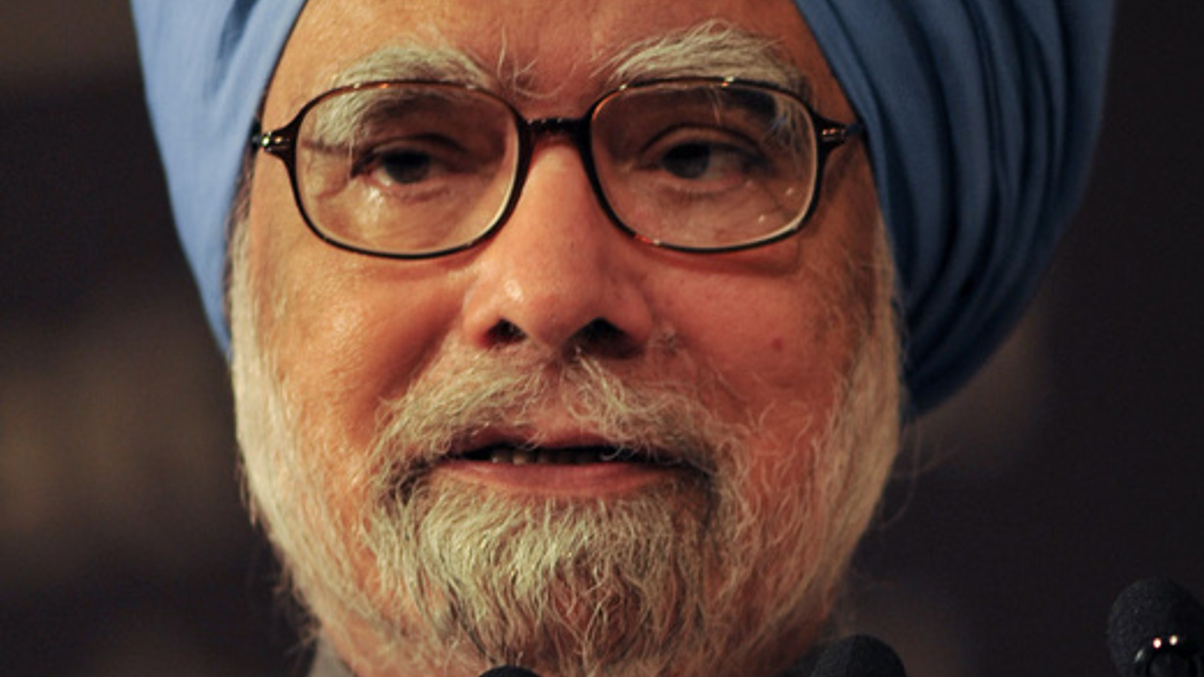India GAAR guidelines “too simplistic”
Tax experts and investors say draft guidelines on India’s controversial anti-tax evasion rules could be used indiscriminately by tax officers.

Foreign investors and managers of Indian assets worry that draft guidelines governing controversial anti-tax evasion rules are too simplistic and could be used indiscriminately by tax officers.
Sign in to read on!
Registered users get 2 free articles in 30 days.
Subscribers have full unlimited access to AsianInvestor
Not signed up? New users get 2 free articles per month, plus a 7-day unlimited free trial.
¬ Haymarket Media Limited. All rights reserved.


